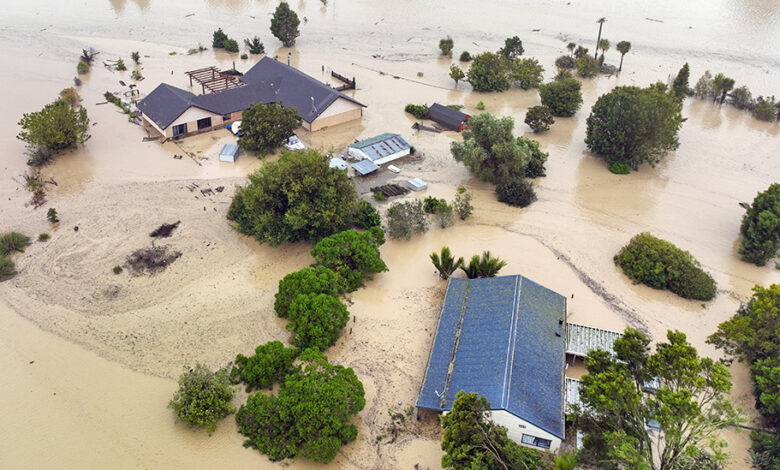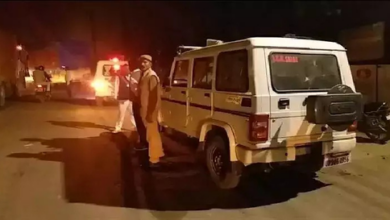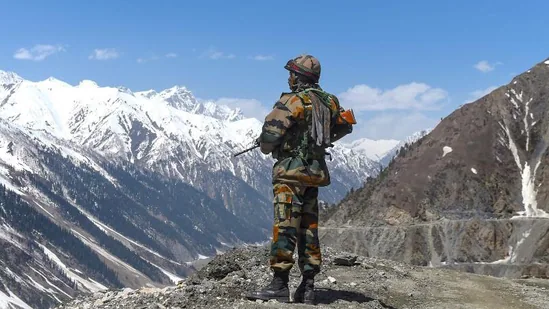Cashless society, surely cannot erode the physical cash concept, still required Cyclone-hit New Zealand exposes

Mobilenews24x7 Bureau
What happens when there is no power for days after days. Simple, it knocks out the over dependence on cashless cashless transactions.
It got profoundly manifested in cyclone-hit New Zealand last week has exposed the dangers of a cashless society, prompting the central bank to consider new ways of ensuring access to physical money when power and telecommunications fail.
New Zealanders were left unable to pay for vital goods such as food and water for days after cash machines and payment systems were knocked out by Cyclone Gabrielle, which left at least 11 people dead and displaced thousands as it cut across the upper North Island on Feb 13 and 14.
“What it is showing is the importance of physical cash still in society today,” Reserve Bank of New Zealand (RBNZ) assistant governor Karen Silk said in an interview on Friday in Wellington, adding that she was unsure if there could ever be a truly cashless society.
“There’d have to be some quite significant changes from a technology perspective.”
The RBNZ is now looking at whether non-bank entities such as supermarkets that already offer cash-withdrawal services could play a greater role, though this brings additional challenges, Ms Silk said.
“For that to happen there’s obviously a whole number of matters that need to be considered, everything from remuneration all the way through to how do you ensure security,” she said. “But finding options for cash recycling within communities is obviously important, and it’s been highlighted again in this situation.”
RBNZ governor Adrian Orr said at a press conference on Wednesday that banks’ drive for a cashless society “shows how vulnerable we are”, and that cash management operations are a critical component of financial stability.
“You’re seeing and reading some horrific stories out there at the moment of isolated communities,” Mr Orr said. “When people lose the ability to transact, when they don’t have a means of exchange, then social cohesion is very quickly challenged.”
More than 225,000 households in the North Island lost power in the aftermath of Cyclone Gabrielle – the largest disruption to the nation’s electricity infrastructure in about 35 years. The outages lasted for several days, and some areas are still without a connection more than 10 days later.
The central bank is having discussions with banks and independent third-party operators about how to ensure resilience in the system and make sure cash remains accessible, Ms Silk said.
During natural disasters, “cash becomes incredibly important as the primary form of payment”, she said. “Having resilient distribution is important.” BLOOMBERG
with inputs from agencies






